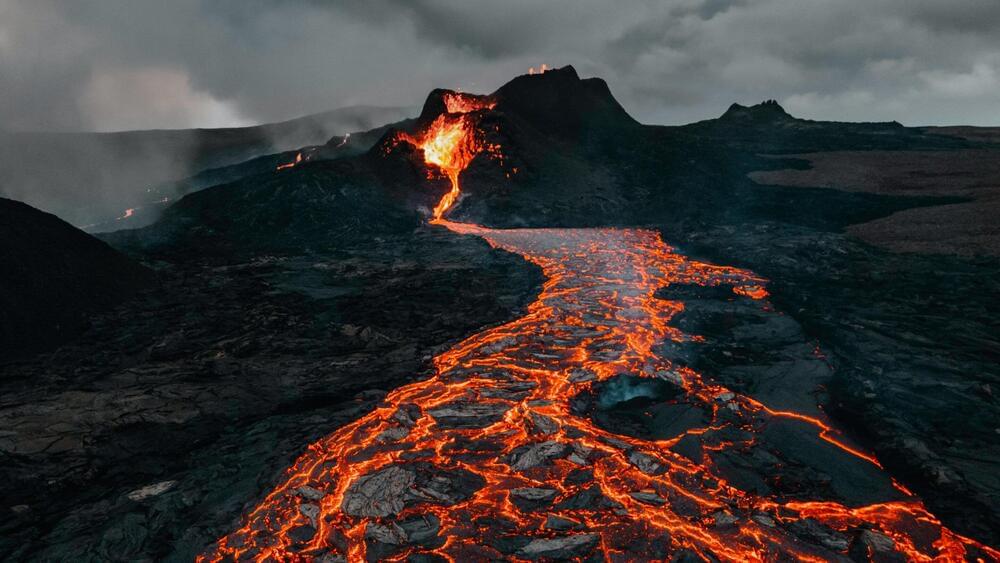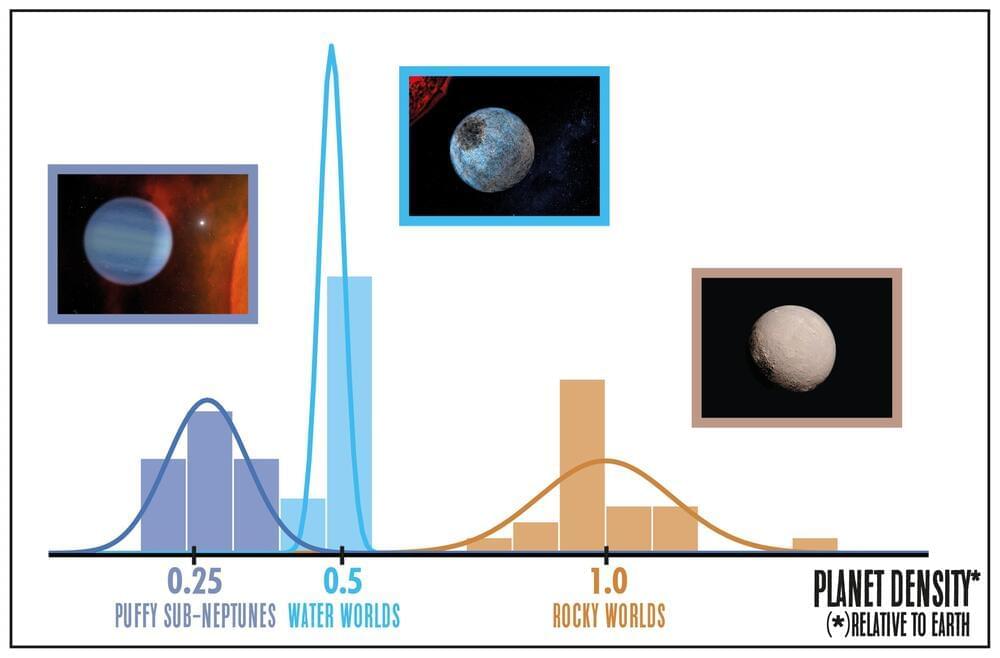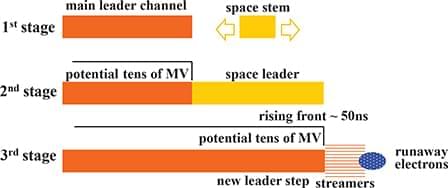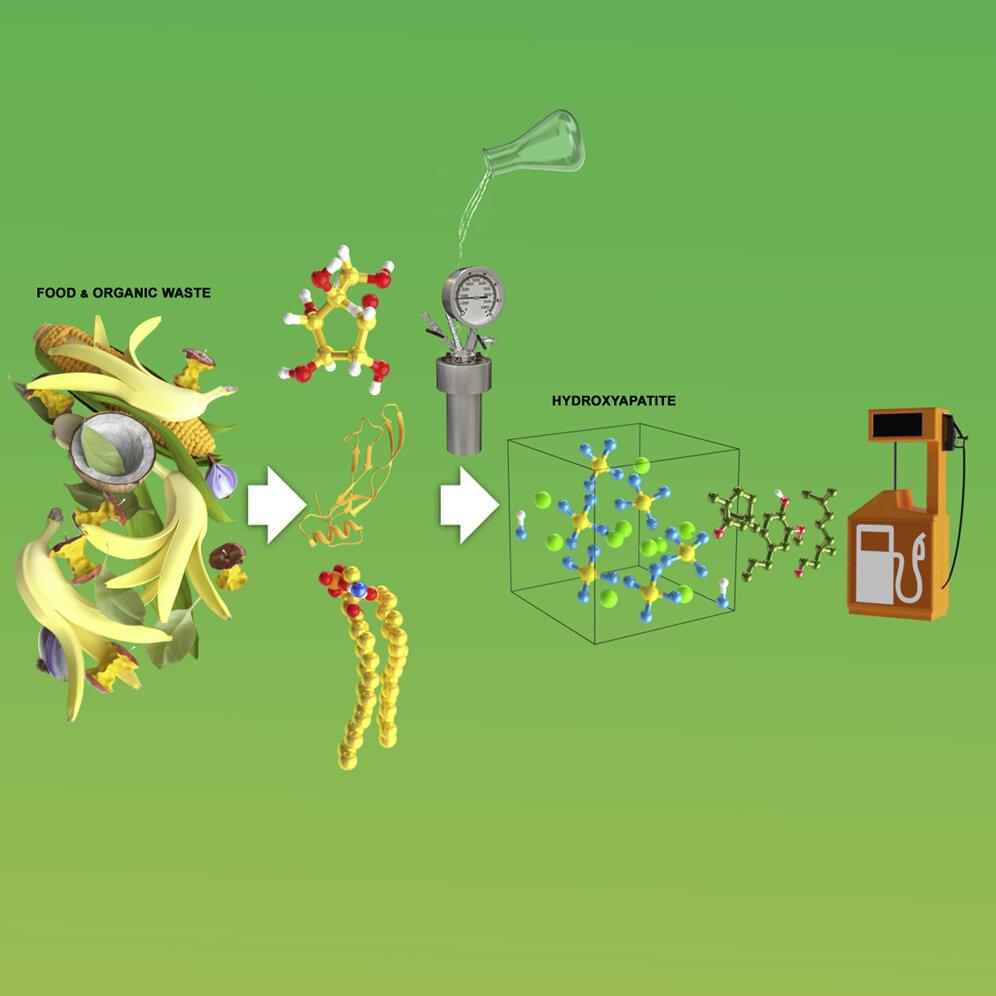
Category: climatology – Page 94


Dubai will be home to the world’s largest net-zero carbon urban tech district
The new district will create over 4,000 jobs.
Architectural practice URB has been commissioned to engineer the world’s largest Urban Tech District along the Al Jaddaf Creekside in Dubai. “Rising population, urbanization and impacts of climate change are increasing the need for cities to be resilient, liveable and smart. Thus the creation of sustainable cities is no longer a choice, it has become a necessity. This requires planners with experience in designing and delivering sustainable communities,” says URB on its website.
The new construction will join the global transition towards achieving net-zero carbon goals and become home to top-tier entrepreneurs, establishing Dubai as an urban center for innovation and empowering a unique tech ecosystem to unfold in the emirate and across the world. It will also feature several commercial and educational facilities. population, urbanization and impacts of climate change are increasing the need for cities to be resilient, liveable and smart. Thus the creation of sustainable cities is no longer a choice, it has become a necessity. This requires planners with experience in designing and delivering sustainable communities, says URB on its website.

Scientists Just Made Hydrogen Fuel With Nothing But Air and Solar Power
Even in the driest climates, though, there is a considerable amount of moisture in the air. The researchers note that even in places like the Sahel desert, relative humidity is still around 20 percent on average. So they set about finding a way to use this untapped water resource to produce hydrogen.
Their device consists of a water harvesting unit that houses a sponge soaked in a water-absorbing liquid that can pull moisture from the air. On either side of this reservoir are electrodes that can be powered by any renewable energy source. When a current runs through the circuit, the water is split via electrolysis into its constituent oxygen and hydrogen atoms, which can then be collected as gas.
The team showed that the device could run efficiently for 12 consecutive days and produced hydrogen with 99 percent purity. What’s more, the device continues to work in relative humidity as low as four percent.

Slowing of continental plate movement controlled the timing of Earth’s largest volcanic events
Scientists have shed new light on the timing and likely cause of major volcanic events that occurred millions of years ago and caused such climatic and biological upheaval that they drove some of the most devastating extinction events in Earth’s history.
Surprisingly, the new research, published today in Science Advances, suggests a slowing of continental plate movement was the critical event that enabled magma to rise to the Earth’s surface and deliver the devastating knock-on impacts.
Earth’s history has been marked by major volcanic events, called large igneous provinces (LIPs)—the largest of which have caused major increases in atmospheric carbon emissions that warmed Earth’s climate, drove unprecedented changes to ecosystems, and resulted in mass extinctions on land and in the oceans.

Surprise finding suggests ‘water worlds’ are more common than we thought
Water is the one thing all life on Earth needs, and the cycle of rain to river to ocean to rain is an essential part of what keeps our planet’s climate stable and hospitable. When scientists talk about where to search for signs of life throughout the galaxy, planets with water are always at the top of the list.
A new study published in Science suggests that many more planets may have large amounts of water than previously thought—as much as half water and half rock. The catch? All that water is probably embedded in the rock, rather than flowing as oceans or rivers on the surface.
“It was a surprise to see evidence for so many water worlds orbiting the most common type of star in the galaxy,” said Rafael Luque, first author on the new paper and a postdoctoral researcher at the University of Chicago. “It has enormous consequences for the search for habitable planets.”
Amazon rainforest fires 2022: Facts, causes, and climate impacts
Based on the live fire Map from nasa south America has too many fires to count probably estimating in the millions of acres burned circa 2022.
The Amazon rainforest is shrinking. The fires in the Amazon are growing.
Just six weeks before the crucial 2022 Brazilian presidential election, a historic day of Amazon burning was detected by satellite monitoring. On 22 August, 3,358 fires were detected in the Brazilian Amazon, according to the Brazilian space agency, INPE. This was the highest number of fires recorded for any 24-hour period since 2007.
That alarming day of fire was no anomaly, but simply another day in a tragic trend of destruction in the Amazon rainforest since Jair Bolsonaro became president of Brazil in 2019. Just in the month of August 2022, there were 33,116 illegal fire hotspots registered in the Amazon, the highest level in 12 years.

High-frequency radio-wave emission by coherent transition radiation of runaway electrons produced by lightning stepped leaders
Lightning can produce multiband radio waves and high-energy radiations. Some of them are associated with the formation of lightning leaders. However, their generation mechanisms are not fully understood yet. Based on the understanding of thermal runaway electrons generated at the leader tip, we propose transition radiation of these runaway electrons as an alternative mechanism for producing very-high-frequency radio signals. Transition radiations are induced when runaway electrons cross the interfaces between lightning coronas and the air. By the use of estimated parameters of electron beams emerging from the leader tips, we calculate their coherent transition radiation and find that the energy spectra and radiation powers are consistent with some detection results from stepped leaders and even narrow bipolar events. Moreover, our model also predicts strong THz radiation during the stepped-leader formation. As a standard diagnosis technique of electron bunches, the proposed coherent transition radiation here may be able to reconstruct the actual properties of electron beams in the leader tips, which remains an open question.

Building Future Cities Out of Timber Could Save 100 Billion Tons of CO2 Emissions
Housing the world’s rapidly-growing population will require massive urban expansion and lots of concrete and steel, but these materials have a huge carbon footprint. A shift to building cities out of wood could avoid more than 100 billion tons of CO2 emissions, according to a new study.
Replacing reinforced concrete with timber might sound unwise, but innovations in engineered wood mean it’s now feasible to construct multi-story buildings without traditional materials. So-called “mass timber” is increasingly being used for structural and load-bearing elements in mid-rise developments, which refers to buildings between 4 and 12 stories high.
One of the main selling points of mass timber is that it’s much less carbon-intensive than steel and cement. In theory it’s actually carbon negative, because trees absorb CO2 in the process of producing wood. But question marks have remained over exactly how much more climate-friendly wood-based construction is, and what impact demand for timber could have on the environment.

Easing pain at the pump with food waste: New method for making biodiesel fuel
With gas prices soaring and food costs pinching family budgets, an interdisciplinary team of researchers at WPI is looking at ways to use food waste to make a renewable and more affordable fuel replacement for oil-based diesel. The work, led by Chemical Engineering Professor Michael Timko, is detailed in a new paper in the journal iScience.
“By creating a biodiesel through this method, we’ve shown that we can bring the price of gas down to $1.10 per gallon, and potentially even lower,” said Timko.
The Environmental Protection Agency estimates that, in 2018 in the United States, about 81% of household food—about 20 tons—ended up in landfills or combustion facilities. Food waste is also a major contributor to climate change: once it’s placed in landfills, it emits methane, a greenhouse gas.

Everything to know about Hawaii Volcanoes National Park
Two celebrated volcanoes—one of them very tall, the other very active—frame this large national park. From glowing lava flows and earth-shaking tremors to wind, rain, and waves, the geological and meteorological forces that shaped our planet are fully on display on the Big Island. While volcanism rules the day, pockets of rainforest and grassland shelter rare Hawaiian flora and fauna.
“Double, double toil and trouble; fire burn and caldron bubble.” Shakespeare could just as easily have been describing Hawaiian volcanoes rather than a witch’s brew in Macbeth. No other national park produces so much drama on a regular basis.
Kilauea is one of the world’s most active volcanoes. Its monthslong 2018 event destroyed hundreds of homes, sent massive plumes of ash rocketing into the air, and collapsed nearly 2,000 feet of the crater’s summit. Its most recent and currently ongoing eruption began in September 2021.